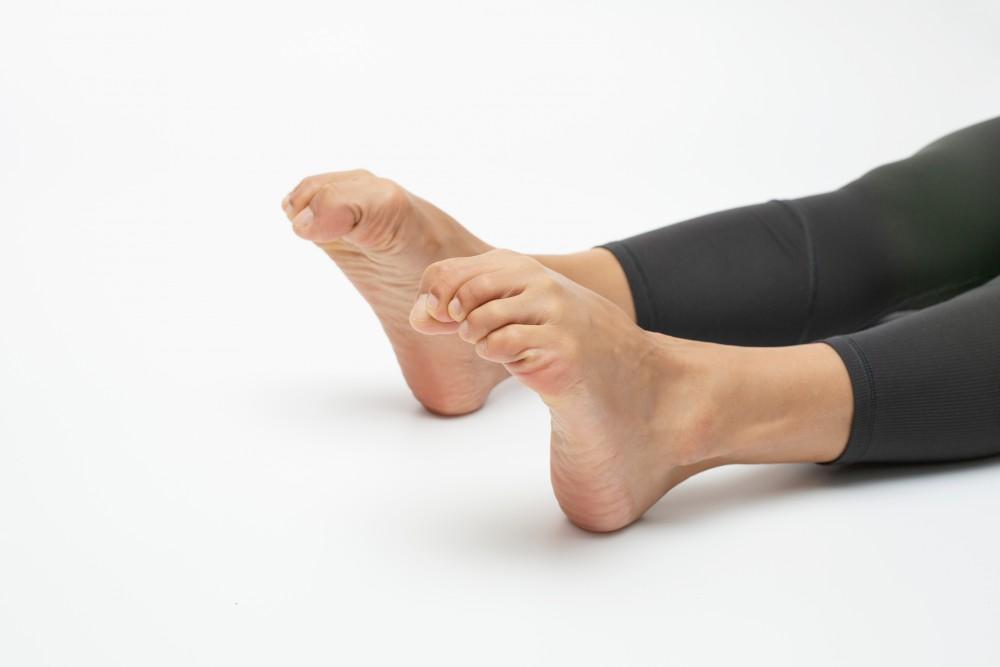
Living With Arthritis

We expect aches and pains as we age – it’s natural for certain parts of the body to hurt as they wear down over time. For many, this means accepting arthritis, the colloquial name for osteoarthritis.
Over 54 million adults suffer from this degenerative disease that impacts joints. While there is no known cure for osteoarthritis, there are ways to manage this disease and continue to live a normal life.
What is arthritis?
According to the Centers for Disease Control and Prevention, arthritis is a general name for conditions that affect the joints or tissues around the joint. Osteoarthritis is the most common and is often associated with wear and tear of joints over time. It can include damage to cartilage, the joint lining, ligaments, and bone.
When you think of cartilage, you probably think about your ears and nose, which are built from mostly cartilage and not bone. To the rest of your body, cartilage is a firm, slippery tissue that permits nearly frictionless joint motion. Any time you walk or make an arm motion, cartilage keeps your bones from rubbing together.
Cartilage wears down over time from all the hard work. The once slick surfaces become rough and your bones work harder to move. Eventually, the cartilage wears away totally, and your bones start to rub together.
What causes arthritis?
There are a host of risk factors that increase your probability of developing osteoarthritis. They include:
- Age – Your risk of developing osteoarthritis increases with age
- Sex – Women are more likely to develop osteoarthritis
- Obesity – Excess weight puts stress on your bones and joints
- Joint injuries – Past injuries, even those that occurred long ago and fully-healed, increase your risk
- Occupational hazards – Jobs that require repetitive stress of a certain joint may accelerate degeneration of cartilage
- Genetics – Some people inherit an increased risk of osteoarthritis
If you’re experiencing swelling, stiffness, joint pain, or a restricted range of motion, come see us at Bahri Orthopedics & Sports Medicine Clinic. Our expert team of orthopedic surgeons can diagnose your arthritis and craft a customized, holistic treatment and therapy plan suited for your needs.
How is arthritis treated?
The best thing you can do to avoid arthritis is maintain a healthy lifestyle. Exercising multiple times a week, keeping a healthy weight, and eating a nutritious diet can combine to ward off, but not totally prevent, osteoarthritis.
After diagnosis, you can also try these methods as a means to ease the pain. We always recommend physical therapy, which can control pain while preventing more stiffness and degeneration.
When lifestyle changes and physical therapy don’t work, we move onto medical intervention. Corticosteroid injections have been shown to control pain for months on end, but are not meant to be a long-term fix. Many patients find that an injection, when supplemented afterward with anti-inflammatory drugs, buys them years of minimal pain.
Joint replacements
When all else fails and arthritis is impacting your everyday movement, sleep, and mental state, we recommend replacement. Here at Bahri Orthopedics & Sports Medicine Clinic, the three most common joint replacement surgeries we perform are hip, knee, and shoulder.
At Bahri Orthopedics & Sports Medicine Clinic, we offer both traditional and minimally invasive hip replacement. During the surgery, damaged cartilage and joint are removed and replaced with surgical-grade metal ball and socket joints that mimic a hip joint. The end result is lasting relief.
During a knee replacement, damaged cartilage and bone is removed from the knee, and then surgical-grade metal implants are attached to the thigh and calf bone ends. A plastic spacer fits in between, helping the new joint to function with superior cushioning and smooth movement.
In shoulder replacement surgery, we remove the damaged parts of the shoulder and replace them with artificial components, called a prosthesis. Depending on the extent of repair needed, we can replace just the head of the humerus bone, called the ball; or a full replacement involves both the ball and the socket, called the glenoid.
Don’t fight the battle against arthritis alone. With the help of Bahri Orthopedics & Sports Medicine Clinic, you can live a complete life with arthritis. When you’re ready to talk diagnosis and treatment, give us a call.
You Might Also Enjoy...


Fracture Care: Nonsurgical Options vs. Surgery

Am I a Good Candidate For Shoulder Replacement?

Staying Active With Knee Osteoarthritis: Our Top Tips

Struggling with Ankle Instability? Here's How to Avoid Future Sprains


